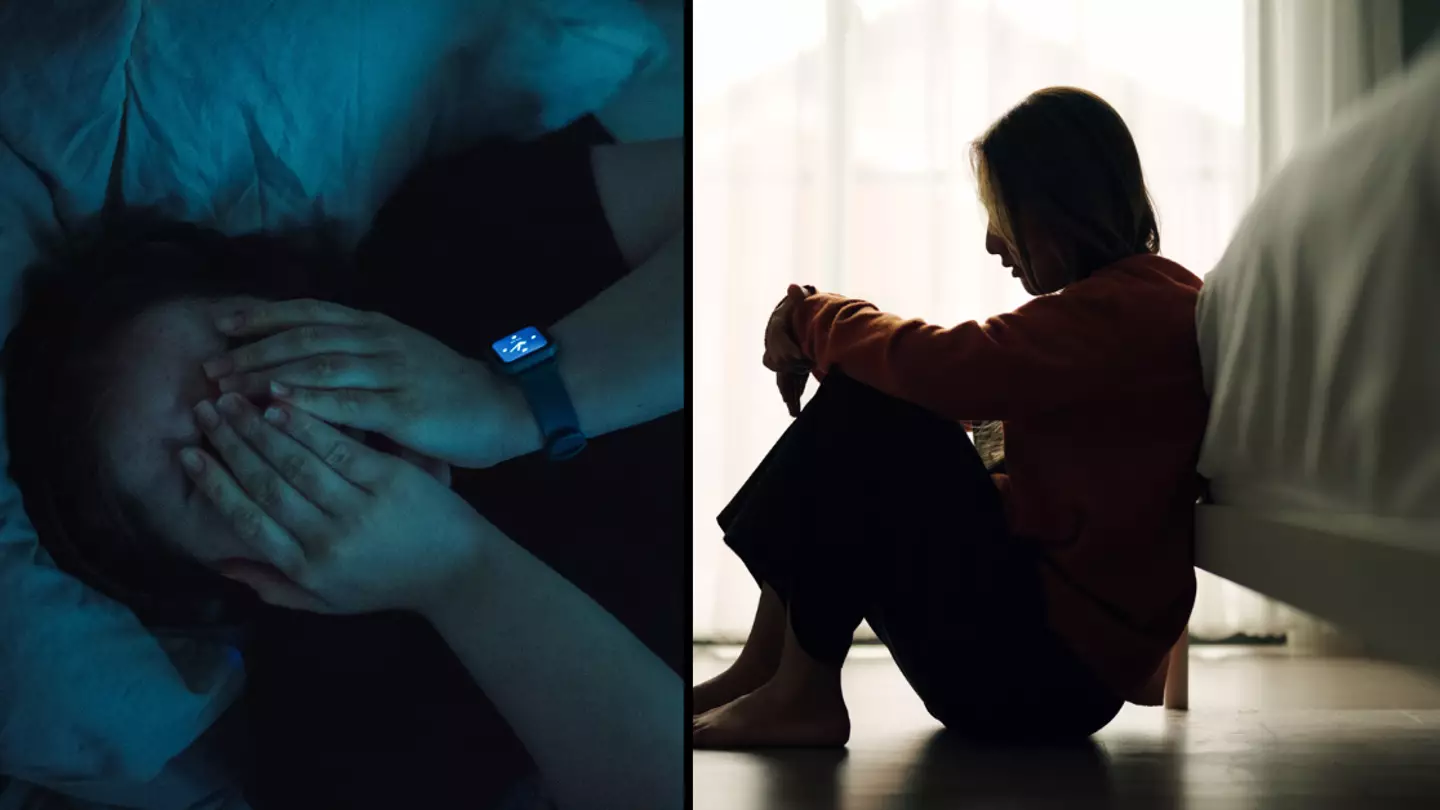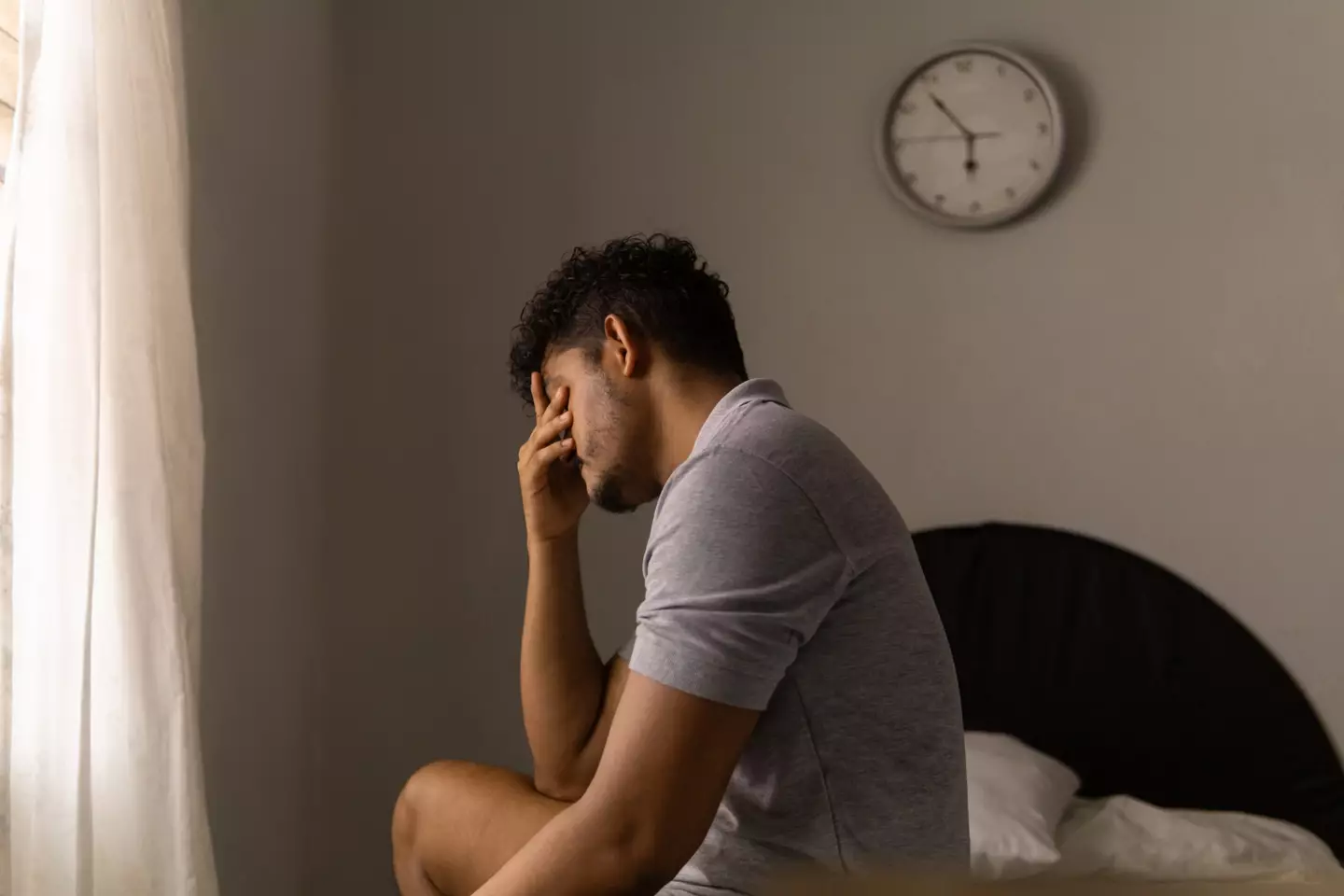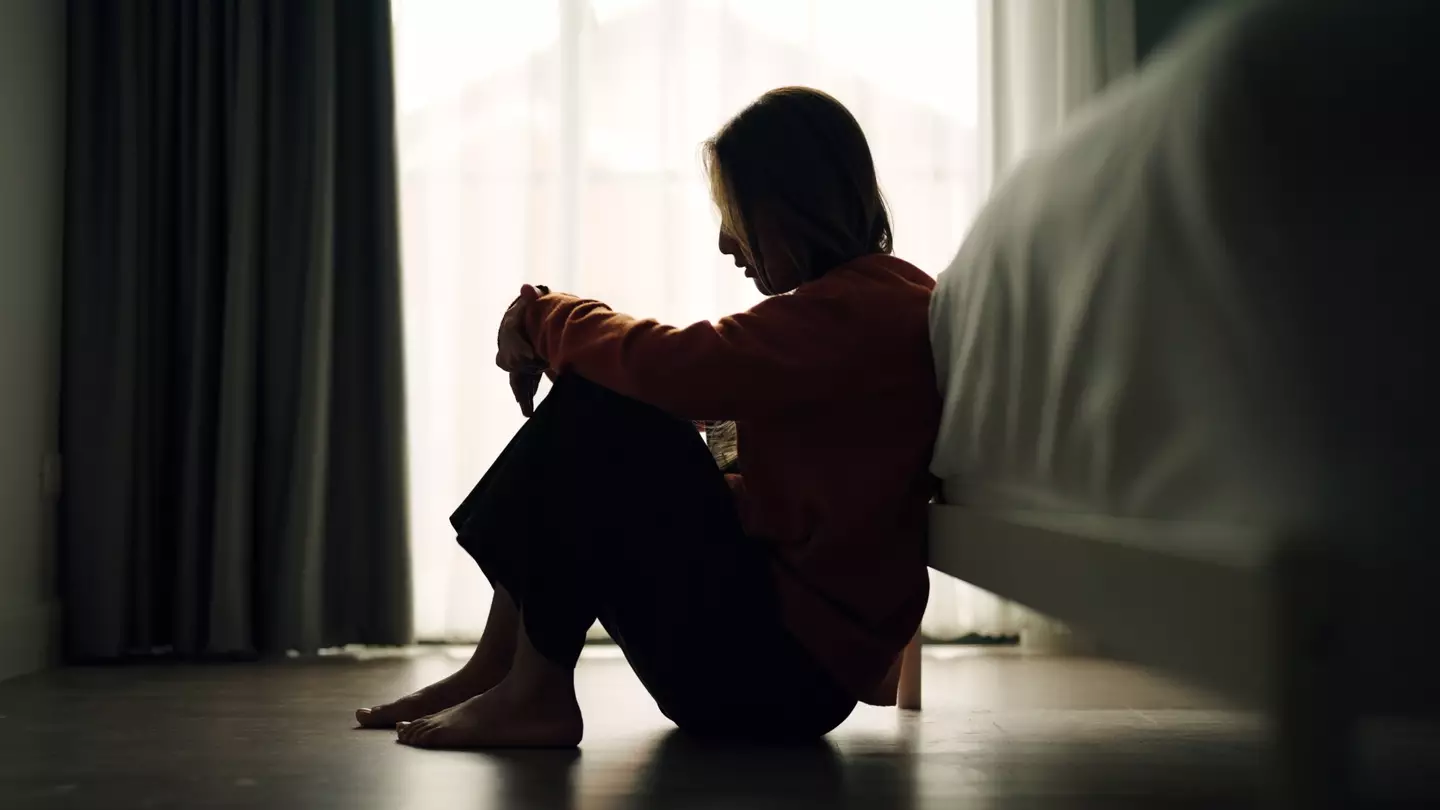
Struggling with anxiety is something society has never been better equipped to combat, with the issue spoken about and accepted right across modern life.
It's something that impacts people in a variety of different ways.
One significant way it can impede a person's daily life is when it comes to trying to sleep and relaxing at the end of a day.
There is solid, scientific reason for why anxiety impacts us worse at night time, as well as ways to help with general tiredness and fatigue.
Advert
For some, it's about having a background noise when they try and get to sleep; although this is something that isn't without its own underlying problems.

If anxiety is taking a real toll on your ability to sleep, don't worry too much., there is advice out there that can help.
With that in mind, LADbible spoke to Professor Ivo Vlaev, a behavioural psychologist from Warwick Business School at the University of Warwick.
"Nighttime anxiety is a common experience due to the combination of environmental, psychological, and biological factors that occur as the day winds down," he said.
"Reflecting on the day's events, overthinking in the quiet, and the body’s stress response can all contribute to feelings of heightened anxiety. By adopting relaxation techniques and cognitive-behavioral strategies, individuals can better manage their nighttime anxiety and achieve more restful sleep."
Professor Vlaev has issued seven ways you might be able to address your anxiety and its impact on your sleeping pattern.

Creating a relaxing bedtime routine
Engaging in relaxing activities before bed can work wonders.
Activities such as reading, meditating, or taking a warm bath, can help signal to your brain that it’s time to wind down, Prof Vlaev tells LADbible.
He says: "Establishing a consistent bedtime routine can improve sleep quality and help reduce nighttime anxiety."
Limit stimulation before bed
You should try and reduce your exposure to stimulating activities before you call it a day.
We're talking about activities such as watching television, scrolling through social media, or working late. Avoiding all of these can help ease the transition to sleep.
"The blue light emitted by screens can interfere with the production of melatonin, the sleep hormone, making it harder to fall asleep," the professor says.

Mindfulness and meditation
Have you ever thought about mindfulness techniques and meditation?
Both are proven when it comes to shifting your focus from overthinking to the present moment.
Prof Vlaev says: "Techniques such as deep breathing exercises, progressive muscle relaxation, and body scans can be helpful for calming an overactive mind."
Journaling
Writing down anxious thoughts in a journal before bed can help externalise your worries and put them into perspective, Prof Vlaev explains.
He says: "This helps the brain 'offload' worries, reducing the likelihood of ruminating on them while trying to fall asleep."

Cognitive behavioural therapy (CBT)
Cognitive behavioural therapy, known as CBT, works wonders for many when it comes to challenging those lingering anxious thoughts.
Prof Vlaev says: "Cognitive restructuring helps identify and replace negative, anxious thoughts with more balanced and rational perspectives.
"If your mind starts to spiral into worry, ask yourself - 'Is this worry productive? Is there any evidence for or against this thought?'"
Limiting your caffeine and sugar consumption
This could have an impact on you without you even realising, especially if you are religious when it comes to having your daily brews.
Prof Vlaev says: "Caffeine and sugar can disrupt your sleep and make it harder to wind down.
"Avoid consuming caffeine or sugary foods several hours before bed to allow your body and mind to relax."
Make use of white noise or relaxing sounds
Spotify is full of white noise tracks or relaxing background sounds, like waves crashing or rain against windows.
"Soft background noise, like white noise machines or calming music, can mask external disturbances and prevent complete silence, which may help prevent anxious thoughts from surfacing," Prof Vlaev says.
If you're experiencing distressing thoughts and feelings, the Campaign Against Living Miserably (CALM) is there to support you.
They're open from 5pm–midnight, 365 days a year. Their national number is 0800 58 58 58 and they also have a webchat service if you're not comfortable talking on the phone.
Topics: Education, Health, Mental Health, Sleep, UK News, Science